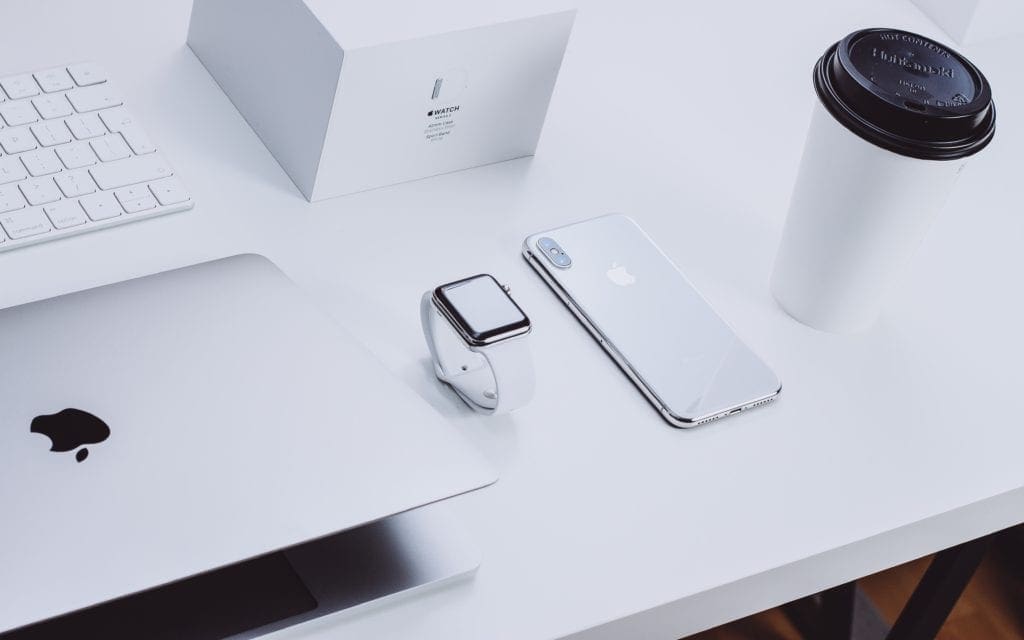The U.S. government has long pressured tech companies to give law enforcement more access to the backend of their products in the name of public safety. Even after former NSA contractor Edward Snowden’s revelations surfaced in 2013, showing that the surveillance machine operated by the federal government was rife with abuse and unconstitutional behavior, officials seemed unphased.

Under President Trump, Attorney General William Barr continues the tradition of asking private companies to cooperate more — giving the feds even more access to private data without due process.
Recently, Barr attacked Apple for allegedly refusing to cooperate in undermining the encryption of iPhones, which would aid law enforcement in their investigations. The attack completely ignores the fact that Apple does, indeed, cooperate.
As the writers at Tech Dirt point out, Barr’s claims aren’t based on facts.
“[…] plenty of people have been pointing out for years that the reality is that most iPhone encryption is effectively meaningless because if a user has iCloud backups on, Apple retains the key to that data and can (and does!) open it up for legitimate law enforcement requests,” the article explains.
Furthermore, there are plenty of additional resources law enforcement agencies have at their disposal, which they continue to put into use to hack into most iPhone models, making Barr’s push to make Apple more friendly toward the surveillance state meaningless.
Over the years, the ineffectiveness of Apple’s encryption methods has caught the attention of privacy advocates such as the Electronic Frontier Foundation (EFF), who have long urged the Silicon Valley company to fully encrypt iCloud backups, making it impossible even for Apple to get in.
This push prompted Apple’s CEO, Tim Cook, to respond to the complaints during an interview, saying that the company decided not to deploy full encryption after thinking about the potentially negative consequences for users. After all, if the iCloud backup is fully encrypted and Apple has no access to it when the user loses his password, he also loses access to his data — forever.
In spite of these hurdles, Cook suggested in the same interview that Apple would eventually try to encrypt backups as well.
“I think that will be regulated in the future as with the devices. So we will not have a key for it in the future,” Cook concluded.
Now, it looks like this idea is a thing of the past.
According to Reuters, Apple put an end to its full encryption plan after pressure from the FBI, where complaints regarding the impact of such encryption would be deeply felt among agents.
Needless to say, Apple decided to put the needs of the feds before those of their customers. And while Apple’s decision may seem counterintuitive, it pays to note that if Apple doesn’t toe the line, it risks being the target of the same harsh regulations that the bureaucracy imposes on its potential competitors.
While this is nothing new, especially when you consider the federal government’s massive power, it is a sad commentary on the state of affairs in America, where crony capitalism is the law of the land.

























